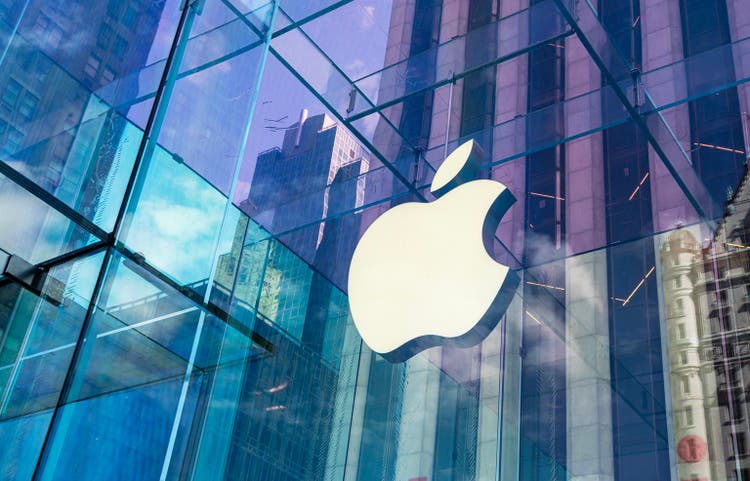It’s been less than a month since Chime Financial went public, but the neobank is winning over analysts who are already writing bullish predictions about the company’s prospects.
KBW research analyst Sanjay Sakhrani wrote in a research note on July 7 that Chime is emerging as a winner in the segment that caters to low-income consumers. He issued an “Outperform” rating for Chime, along with a $42 price target.
Founded in 2012, Chime offers traditional financial services, like fee-free checking and savings accounts, to U.S. consumers earning up to $100,000 a year. Sakhrani argues these everyday Americans are not well served by traditional banks.
“Few digital platforms have the technology infrastructure, product-market alignment, and innovation velocity required to serve this demographic effectively and profitably, and we think Chime is one of them,” Sakhrani said.
One of the biggest names in fintech, Chime was an IPO candidate for years, and finally went public on June 12. Shares rose 37% during its debut. Since then, Chime encountered some initial volatility, but the stock has managed to remain above its $27 IPO price. Shares on Tuesday afternoon were trading at more than $31.
Wall Street analysts typically don’t issue research reports for a company until the IPO quiet period, which lasts 25 days, is over. Chime went public 26 days ago.
Room to grow
Chime is estimated to have penetrated less than 5% of its total addressable market, which comprises 196 million Americans who earn up to $100,000 in annual wages. The startup had 8.6 million active members as of March 31, with two-thirds relying on Chime as their primary bank, Fortune previously reported.
Sakhrani thinks Chime has “successfully harnessed this sticky user base” to drive increased product adoption and monetization. This positions the startup for sustained growth in average revenue per active member, or ARPAM, as it rolls out new offerings, Sakhrani wrote. (ARPAM is a metric that measures revenue generated by active members.)
“We view ARPAM expansion as a core revenue driver over the next 2-3 years and a potential source of upside to near-term expectations, as we believe the company has taken a conservative approach to modeling contributions from four new product launches anticipated over the next 12 months,” Sakhrani said.
Chime is not a bank and doesn’t have a bank charter. Instead, it partners with Bancorp Bank and Stride Bank to provide its services.
The fintech has launched several new products in the past few years including Instant Loans, which offers users access to up to $500 at a fixed interest rate, and MyPay, which allows eligible members to get a portion of their pay before payday. MyPay has accounted for about 45% of Chime’s year-over-year revenue growth over the past two quarters, Sakhrani said. Much of Chime’s future growth is expected to come from credit and lending products like MyPay and Instant loans, he said. Chime bears the risk of loss related to these products and is liable to its bank partners for any default on unpaid balances, Sakhrani said. As Chime launches these new products, loss rates typically spike and then come down. “Ability to manage this risk will be key for the company to grow profitably,” Sakhrani said.
Chime relies on interchange, the fee merchants pay when a consumer uses a Chime-issued debit or credit card, to drive much of its revenue. The fintech reported about $1.7 billion in revenue for fiscal 2024 and $518.7 million for the three months ended March 31, according to a regulatory filing. Roughly 75% of Chime’s revenue is fee-based and tied to interchange, Sakhrani said.
Chime faces tough competition from traditional financial institutions, like Ally and Capital One, and a variety of different fintech platforms that target the same users like SoFi, Affirm and Cash App (owned by Block). Many of these platforms have greater financial resources or larger user bases that may give them a competitive advantage, Sakhrani argues, adding that the “intense competition could pose a risk to long-term sustainable growth.”
However, he remains optimistic about the fintech’s chances against its competitors, adding that “Chime’s lead in the space and strong track record of a highly engaged customer base puts them in a good position competitively, in our view.”
This story was originally featured on Fortune.com

 4 hours ago
1
4 hours ago
1















 English (US) ·
English (US) ·